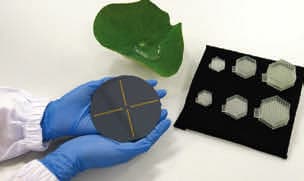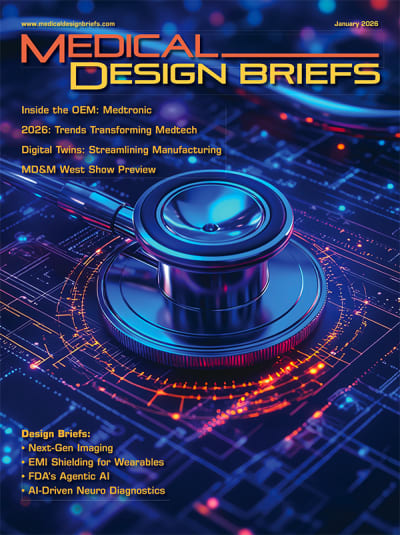
A novel aero-elastic pressure sensor, called eAir can be applied to minimally invasive surgeries and implantable sensors by directly addressing the challenges associated with existing pressure sensors.
The eAir sensor promises increased precision and reliability across medical applications. It can potentially transform laparoscopic surgeries by enabling tactile feedback for surgeons, allowing more precise manipulation of patient tissues. In addition, the sensor can improve patient experiences by offering a less-invasive means of monitoring intracranial pressure (ICP), a key health metric for individuals with neurological conditions.
The team drew inspiration from a phenomenon known as the lotus leaf effect — a unique natural phenomenon where water droplets effortlessly roll off the leaf’s surface, made possible by its minuscule, water-repelling structures. Mimicking this effect, the team has engineered a pressure sensor designed to significantly improve the sensing performance.
The sensor houses a trapped layer of air, forming an air-liquid interface upon contact with the sensor’s liquid. As external pressure increases, this air layer compresses. A surface treatment results in a frictionless movement of the interface within the sensor, triggering a change in electrical signals that accurately reflects the exerted pressure. (Image credit: National University of Singapore)
For more information, visit here .



